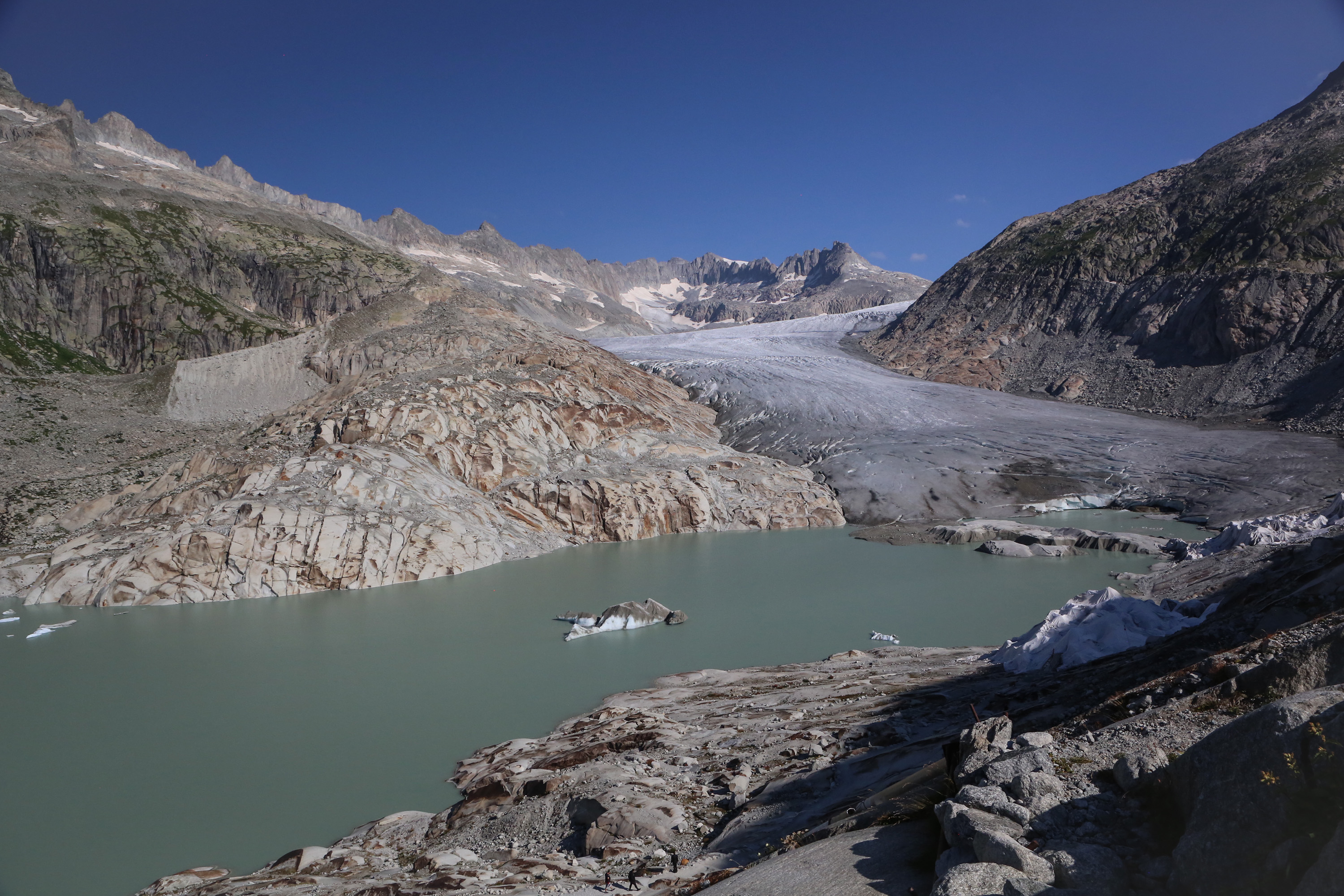Switzerland lobbies for better e-waste disposal

Switzerland plans to use a global conference on waste this week to lobby for more efficient disposal of old electronic goods.
It is concerned that as international trade increases, so does potential waste. Waste wrongly disposed of can have a serious impact on human health and on the environment.
Swiss delegates will share their own experience in dealing with old electronic equipment with other parties to the Basel Convention on the movement and disposal of waste, which opens in Bali on Monday.
Swiss moves to ensure the proper handling of “e-waste” are backed by Greenpeace, which is calling on the conference to bring in new laws to cover the disposal of electrical goods such as mobile phones and computers.
In recent years Switzerland has encouraged the private sector to organise the ecological disposal and recycling of ever-increasing numbers of mobile phones.
In Bali the Swiss delegation will lobby conference participants to create similar partnerships to deal with old computers.
“We have been talking mainly about cell phones but you can enlarge that and say that electronic waste in general is a problem with the increase of production,” Thomas Kolly, head of the international division at the Federal Environment Office, told swissinfo.
“All goods are waste in the end.”
E-scrap
E-waste will be one of the lobby points for the Basel Action Network (Ban), one of the conference’s keynote speakers.
Ban says e-waste is increasingly sold and exported from rich countries to developing ones for so-called “re-use”. But the stock is often beyond use or repair and is in reality “e-scrap”, which ends up being dumped and burned, with serious impact on the environment and on health.
The organisation will call for the introduction of mandatory testing and monitoring before any e-waste is exported to prevent this from happening.
Martin Besieux of Greenpeace International agrees. The organisation is putting forward additional policies on dealing with e-waste.
It will urge the delegates in Bali to back global legislation requiring producers to bear the costs for the environmental disposal of their products, costs that would be incorporated into pricing.
Greenpeace has compiled a list of good practice companies that have responded positively to the idea or are already implementing it. In a stunt ahead a week ahead of the conference, Greenpeace dumped 500 used computers in front of the Philips headquarters in the Netherlands to publicise the campaign.
“We could even be at a moment when the electronic sector could show the other sectors how to move waste and how to be green,” Besieux told swissinfo.
Preventing accidents
In Bali around 170 countries will discuss the conference theme of extending the reach of an existing ban of waste movement to developing countries that don’t have the infrastructure and knowledge to carry out treatment that does not harm the environment or public health.
Switzerland is one of the Basel Convention’s main advocates, and closely collaborates with the Geneva-based international secretariat, which is also headed by a Swiss national.
Kolly said there had been positive developments since the convention was adopted. It has been ratified by more than 60 countries, although the United States, Canada and Australia have yet to sign up.
“There has certainly been a lot of progress. This has been the first time that the traffic of waste has been really handled and regulated by such an international treaty.”
But Kolly said the issue of the movement of waste needed concerted global action to stop it building up.
It would also prevent potential environmental hazards such as the 2006 case in which the tanker ship Probo Koala shed its cargo of chemical sludge in landfills and the streets of Abidjan in the Ivory Coast. Seven people died and over 40,000 had to be treated for nausea, breathing problems and nosebleeds.
“We have to do everything possible to prevent these kinds of accidents. The convention is an instrument that can be useful and may also prevent these kinds of accidents,” said Kolly
“If you look at the amount of waste that is piling up there is an urgent need to act very quickly.”
swissinfo, Jessica Dacey
According to experts, the elimination of one cubic metre of toxic waste costs between $400-680 in Europe, fifteen times what it costs in Africa or Asia.
UNEP estimates that up to 50 million tons of waste from discarded electronic goods is generated annually.
A 2005 study by the Basel Action Network concluded that up to 75% of scrap TVs and computers shipped to Nigeria for “re-use” ended up buried or burned.
The Ninth Conference of Parties to the Basel Convention on the transport of hazardous waste takes place in Bali, Indonesia from June 23-27.
The theme of the conference is waste management for human health and livelihood.
The aim is to place the issue of sound waste management, as promoted by the Basel Convention, on national and international agendas.
The Basel Convention was established in 1989 to prevent rich countries from dumping hazardous waste on poorer ones.
It is one of a trio of treaties which aim to protect human health and the environment.
The others are the Rotterdam Convention on chemical substances and the Stockholm Convention on Persistent Organic Pollutants.

In compliance with the JTI standards
More: SWI swissinfo.ch certified by the Journalism Trust Initiative












You can find an overview of ongoing debates with our journalists here . Please join us!
If you want to start a conversation about a topic raised in this article or want to report factual errors, email us at english@swissinfo.ch.